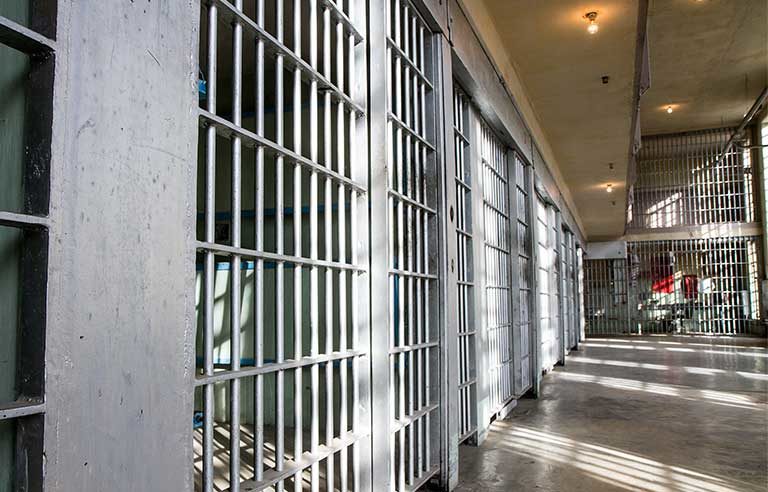Construction company owner receives jail sentence after worker dies in trench collapse

Seattle — The owner of a West Seattle construction company has been sentenced to 45 days in jail for his role in a fatal trench collapse, according to the Washington State Department of Labor & Industries.
Phillip Numrich pleaded guilty to attempted reckless endangerment after a Washington L&I investigation found that the owner of Alki Construction “knowingly ignored basic, commonsense safety rules,” leading to the death of 36-year-old employee Harold Felton. Numrich was facing a felony charge of second-degree manslaughter.
Felton was attempting to help replace a sewer line at a home in West Seattle in January 2016 when the 8- to 10-foot-deep trench he was working in collapsed, burying him in about 6,000 pounds of mud and sand. The investigation revealed that Numrich had supplied enough shoring to protect only two of the trench’s four sides from collapse, despite recent heavy rains that made the trench more unstable. Also, no ladder was available for workers to use to enter or exit the trench, according to an agency press release.
Washington L&I states that Numrich told investigators he knew workers were digging in rain-saturated type C soil, but it was the employees’ responsibility to understand the hazards and determine when shore boards were needed.
A Washington State Supreme Court decision in February 2021 cleared the way for the case to be prosecuted. In addition to the jail sentence, Numrich was sentenced to 18 months of probation that limits his contact with Felton’s family and the work the company is allowed to perform. The company pleaded guilty to violations of the Washington Industrial Safety & Health Act and will pay a $25,000 penalty, which is in addition to a fine issued by Washington L&I in 2016 in connection with its investigation.
“Employers must be held accountable when they put their workers’ lives at risk,” Washington L&I Director Joel Sacks said in the release. “Trench safety standards have been in place since the ’70s. There’s no excuse to justify ignoring them or any other workplace safety requirements.”
Post a comment to this article
Safety+Health welcomes comments that promote respectful dialogue. Please stay on topic. Comments that contain personal attacks, profanity or abusive language – or those aggressively promoting products or services – will be removed. We reserve the right to determine which comments violate our comment policy. (Anonymous comments are welcome; merely skip the “name” field in the comment box. An email address is required but will not be included with your comment.)

